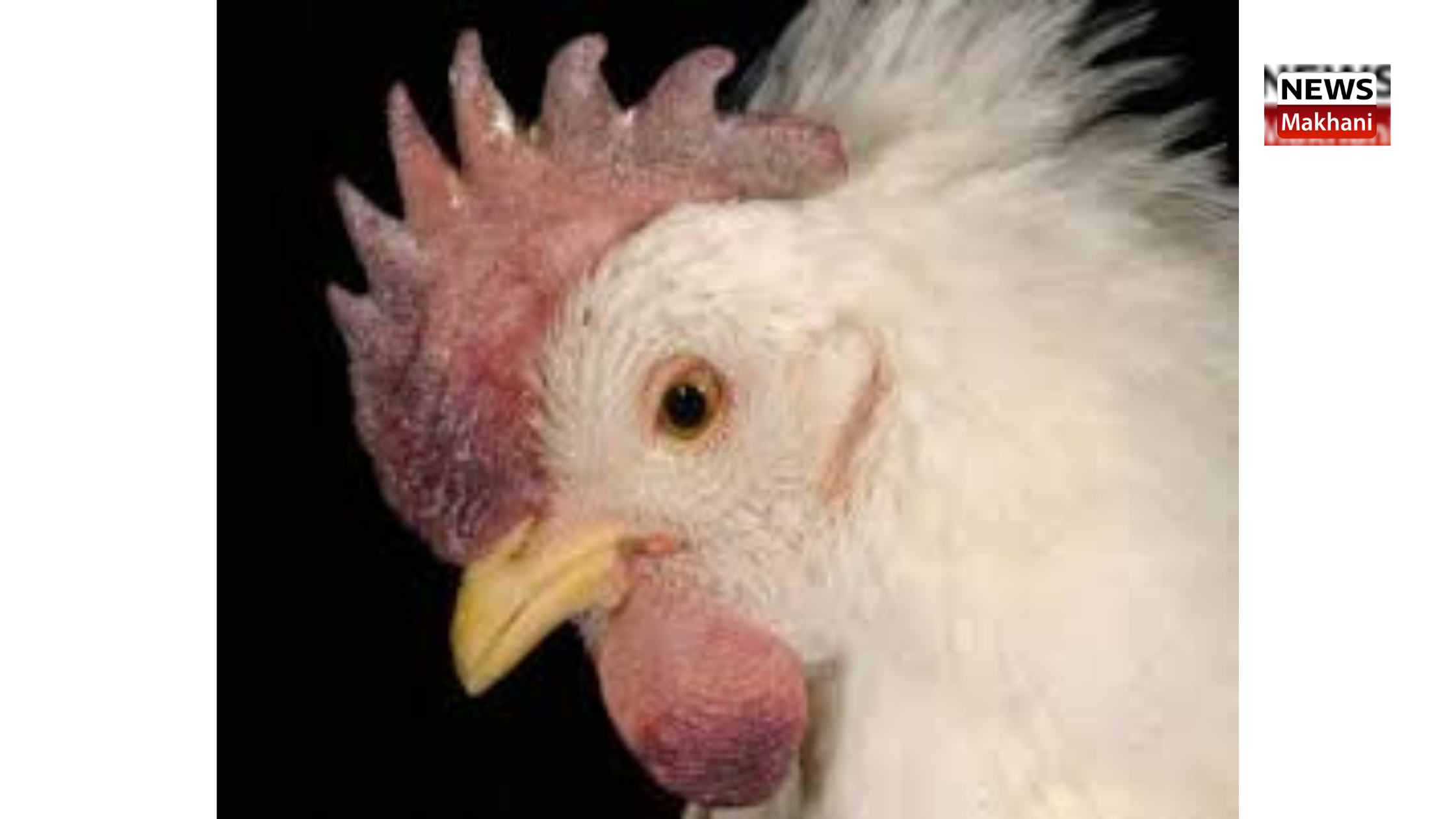Haryana Government declares area within 1 KM from the two poultry farms as “Infected Zone” and from 1-10 km as “Surveillance Zone”
Chandigarh, January 8– Haryana Government has declared the area within the radius of one-kilometre from the two poultry farms, whose poultry birds have tested ‘Avian Influenza’ (H5N8) positive as “Infected Zone” and the area from 1 km to 10 km as “Surveillance Zone”.
The state government has restricted the movement of poultry goods from these areas. Adhering to the guidelines, the 1,66,128 birds of five poultry farms which fall within the periphery of 1-km radius of the two infected farms will be culled under the supervision of experts to prevent further spread of the disease and the poultry farm owners will be given compensation for the same.
This information came to light during a press conference held by Animal Husbandry and Dairying Minister, J.P. Dalal at his residence in Chandigarh. On the occasion, Director Animal Husbandry and Dairying Minister, Dr. Birender Singh Laura and various other officers were present.
Sharing more details about the steps being taken in this regard, Dalal said that the State Government is concerned towards the poultry business in the state. Elaborating on it further he said that immediate action was taken and clinical investigations were carried out as soon as the State Government was apprised about the unusual death of birds in the poultry farms of Panchkula district. During the investigations conducted by the Department it came to light that around 4 lakh birds have died in these poultry farms in the last one month. He said that the samples of these dead birds were initially sent to the Regional Disease Diagnostic Laboratory in Jalandhar, however, due to delay in report, the samples were sent to National Institute of High Security Animal Diseases, Bhopal for examination. As per the report received it has been confirmed that birds of two poultry farms were infected with avian influenza (H5N8). He said that though this bird flu strain (Avian Influenza – H5N8) is less pathogenic, the State Government has issued a notification for the affected poultry farms of Panchkula as a precautionary measure.
Divulging the names of poultry farms, the Minister said that now the State Government has declared the areas within one-kilometre radius of infected poultry farms namely, ‘Siddharth Poultry Farm’ at village Kheri in Panchkula district and ‘Nature Poultry Farm, Dandlaver’ located in village Ganauli as “infected-zone”. Furthermore, the area within the radius of 1 to 10 kilometre has been declared as “surveillance zone”. He further revealed that to prevent the spread of this disease to other areas, check-posts have been set up in the infected areas by the Government.
Sharing details on the culling of birds he said that five poultry farms in the affected area which have a population of 1,66,128 poultry birds, will be culled and buried in the ground as per the guidelines of the Centre Government. The State Government has constituted 59 teams for this. The owners of the poultry farm will be given a compensation of Rs. 90 per bird.
In response to a query, Dalal said that the State Health Department will monitor the health of the employees and owners working in the said poultry farms and they will be given appropriate guidelines. He said that the Department will also keep a vigil on the areas with large number of poultry farms in Jind, Safido etc.
Animal Husbandry and Dairying Minister, J.P. Dalal gave standard advice regarding consumption of poultry products in case of avian influenza. He said that the avian influenza virus is sensitive to heat. Moreover, the normal temperatures used for cooking in India (70º C for all parts of the food) can kill the virus. Henceforth, before consuming poultry products consumers should ensure that all parts of the poultry are fully cooked (no “pink” parts) and that eggs, too, are properly cooked (no “runny” yolks), he added.
He further said that raw poultry and poultry products should never be allowed to mix with items eaten raw. Moreover, when handling raw poultry or raw poultry products, persons involved in food preparation should wash their hands thoroughly and clean and disinfect surfaces in contact with the poultry products. Soap and hot water are sufficient for this purpose, he added. Also, in areas experiencing outbreaks in poultry, raw eggs should not be used in foods that are not fully cooked before eating, for example, by half cooking or baking.

 हिंदी
हिंदी






